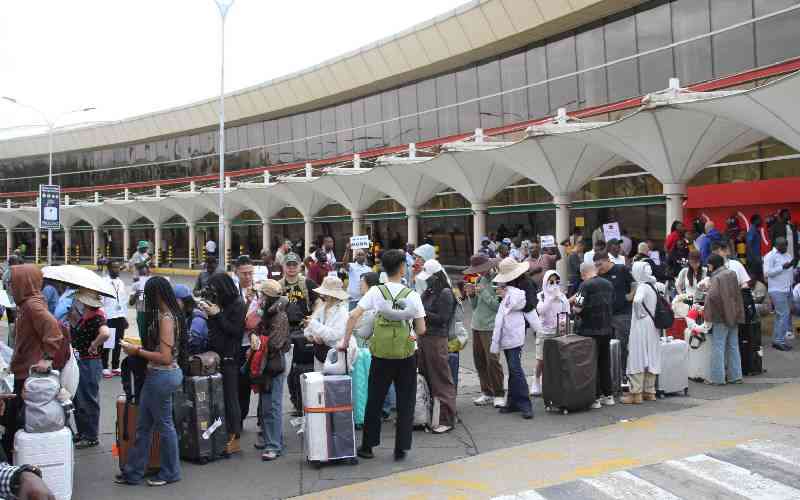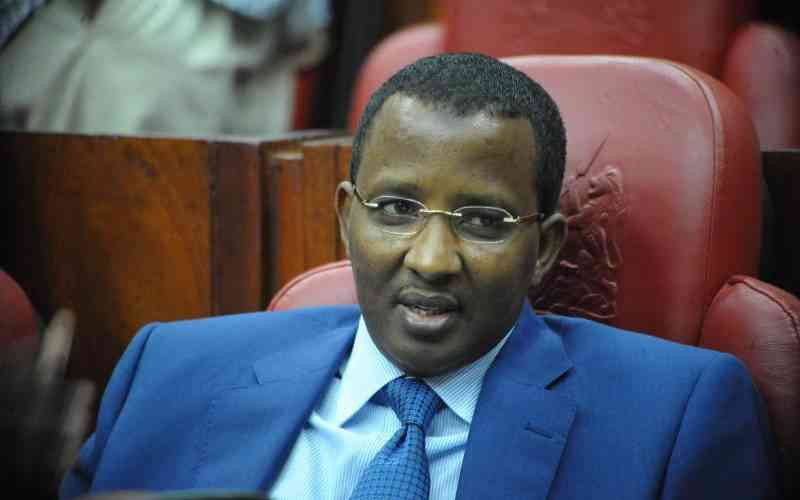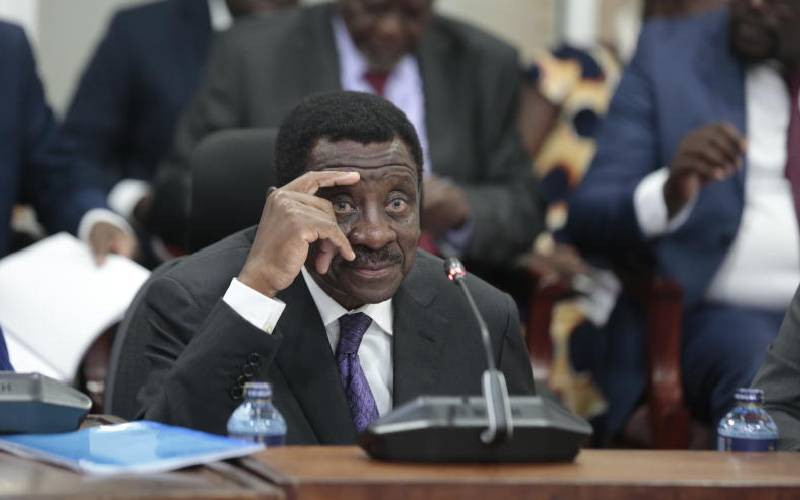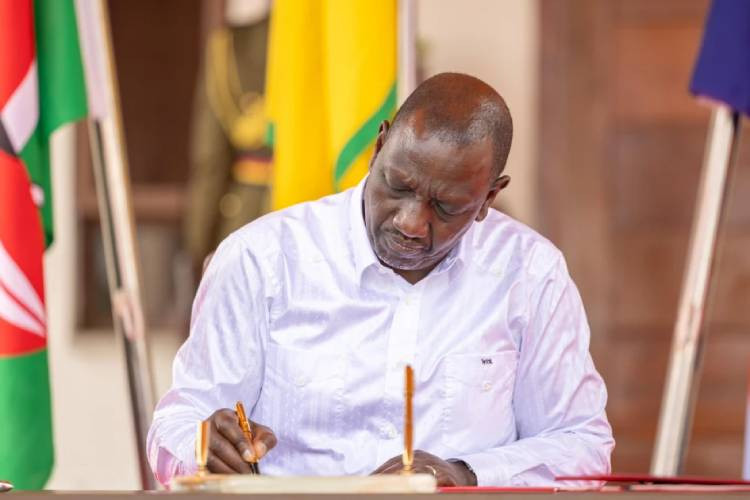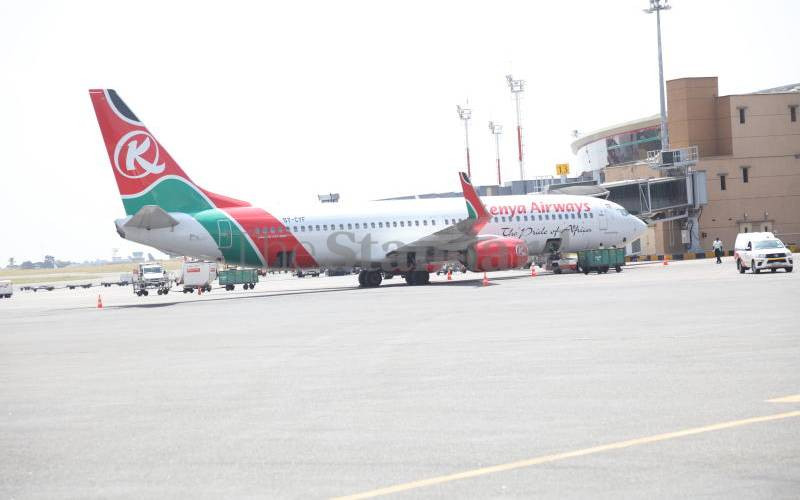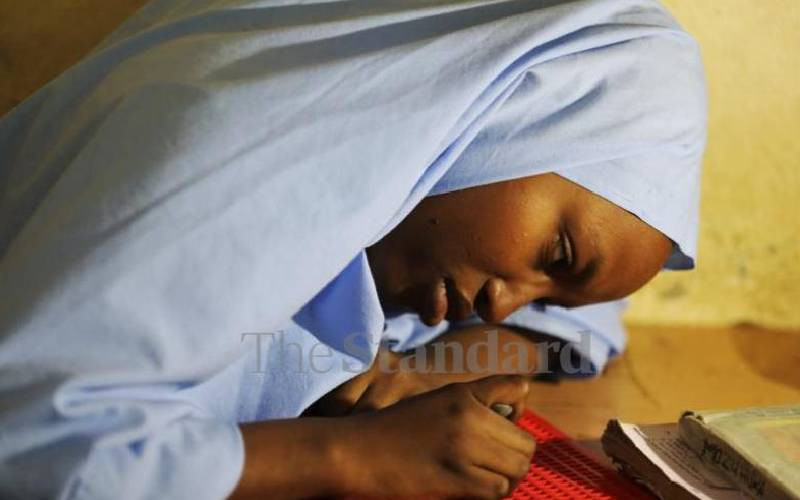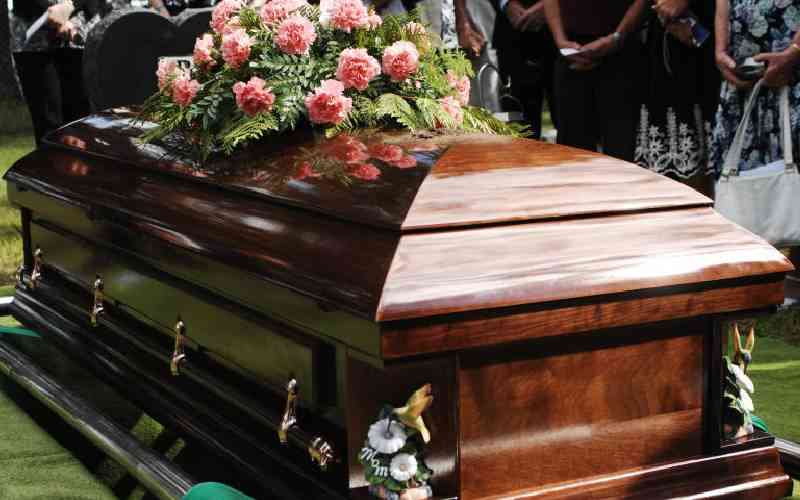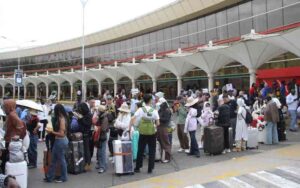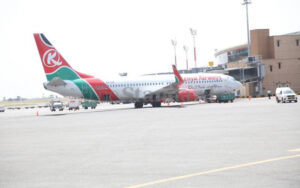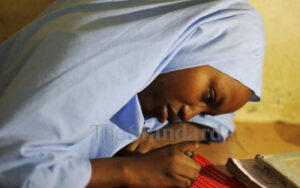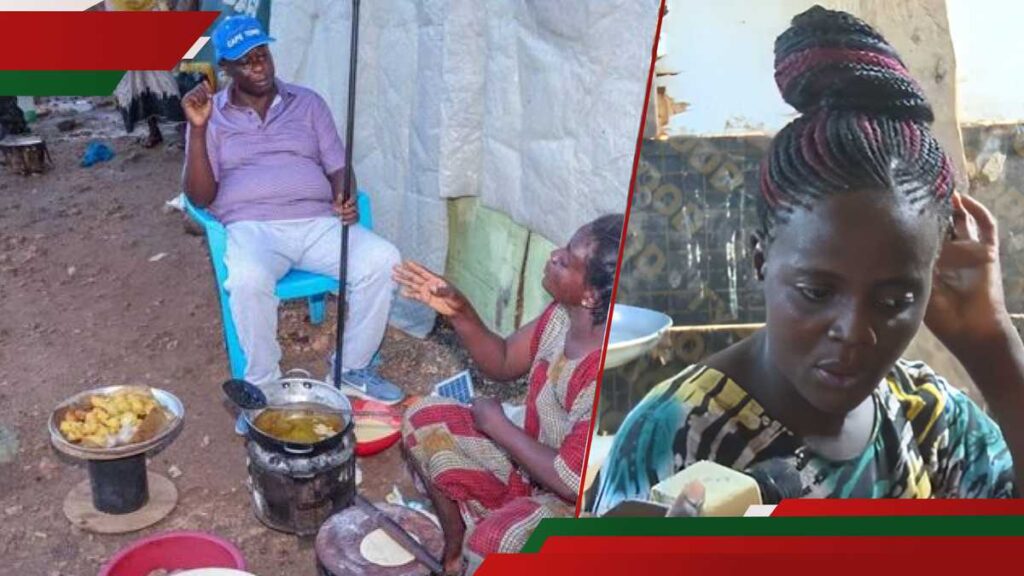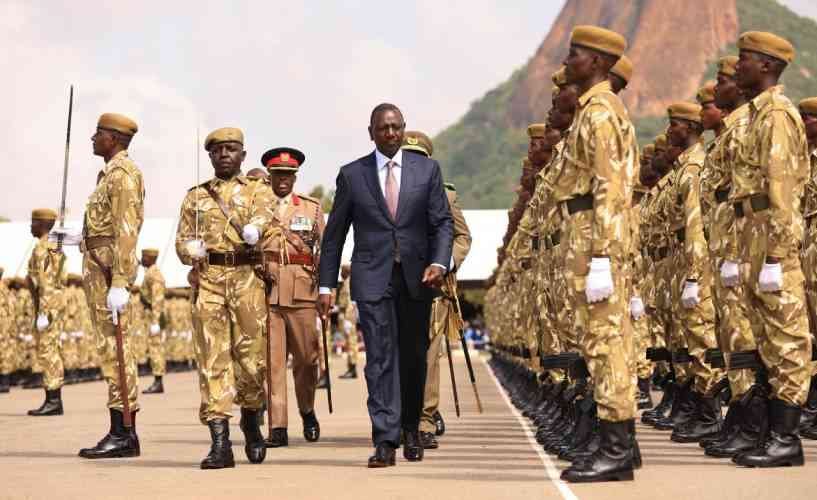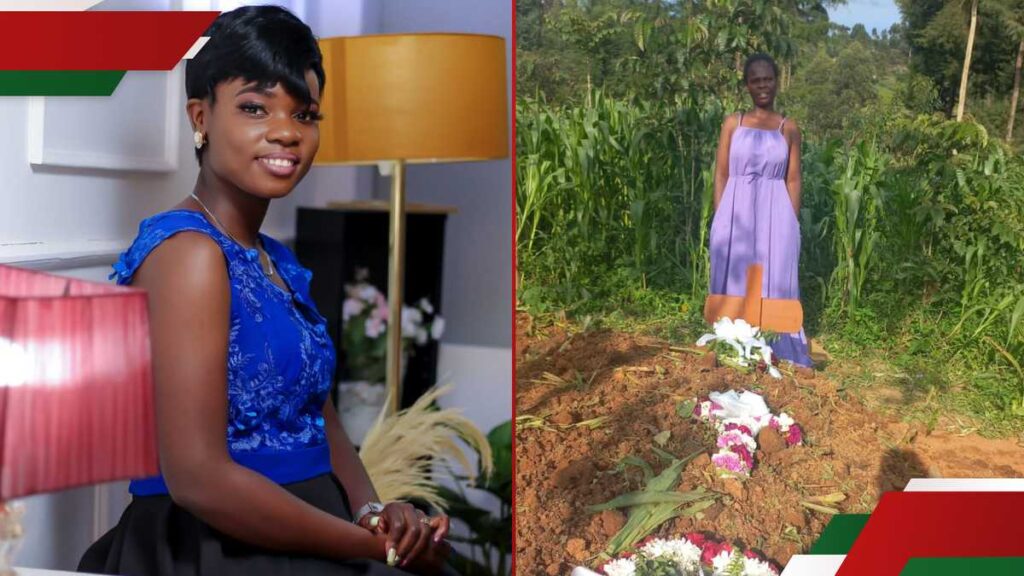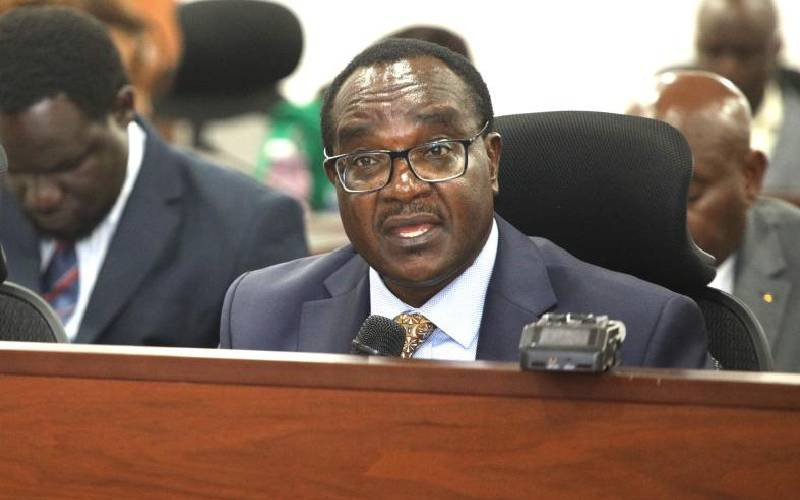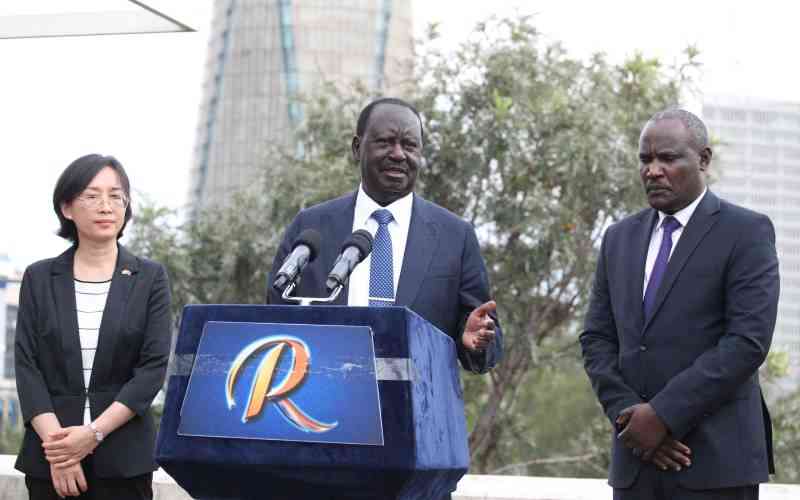When five-year-old Margaret Karimi watched her mother leave in 2011, she was told they would one day reunite. Her mother, Catherine Nyawira, was travelling to Saudi Arabia in search of greener pastures, determined to build a better life for her children.
For years, Karimi and her sister clung to that promise. The occasional phone calls, money sent home and stories shared across borders kept hope alive. But this August, that dream was crushed. Nyawira, who had spent 15 years working in Saudi Arabia, died unexpectedly. To the family’s devastation, she was buried in the Gulf before her body could be repatriated.
Now, her family in Runyenjes, Karuruma village, Embu County, is pleading with the Kenyan and Saudi authorities to intervene, insisting they were denied the dignity of laying their loved one to rest.
“She passed away on August 1. We were told that to repatriate the body, we needed to raise Sh450,000 and given 25 days to do so,” said her father, Damiano Nyaga.
The family began fundraising in earnest, hopeful that once the amount was secured, they would receive Nyawira’s body at Jomo Kenyatta International Airport. But on August 16, barely two weeks later, they received a devastating call: Nyawira had already been buried in Saudi Arabia. “This was done without our consent. Why, when the 25 days had not lapsed? Nyawira had two children waiting for a mother they had not seen in 15 years. We are pleading with the government to help us. We want to bury our daughter at home,” Nyaga said.
Nyawira’s mother, Margaret Nyaga, said the pain was made worse by being denied a final farewell.
The family had traveled to Nairobi on Thursday in anticipation of receiving the body. Back at home in Embu, mourners had gathered, waiting to accord Nyawira her final rites.
“How will I even accept that my daughter is dead when I cannot see her remains. It is painful and heartbreaking. Please bring my child to me. That is the only way I can find peace, and try to forget about all this,” she said.
Nyawira’s sister, Josephine Wanjeru, recounted their constant communication over the years.
“Last year, she fell sick and sought medication. At some point, she was even told she needed surgery. She managed her condition with medication until July when she fell extremely sick and even went into a coma for two weeks,” said Wanjeru.
When she recovered, Nyawira began preparing her travel documents, in order to return home for treatment and to reunite with her family.
“She called me and said she was overwhelmed and not sure she would make it. We prayed together on the phone. Later, she was taken to hospital but was pronounced dead on arrival,” Wanjeru said.
Nyawira’s daughter, now 19, broke down as she described the loss.
Stay informed. Subscribe to our newsletter
“She has always been supportive. She took us to school. I have just completed high school and was supposed to join college next month. We had dreams of seeing our mother again. She also looked forward to the reunion,” said Karimi.
Nyawira’s cousin, Sam Mwaniki, who has been following up with the State Department for Diaspora Affairs, said they were equally shocked.
“On August 4, I went to their offices and we wrote to the Kenyan embassy in Saudi Arabia to begin the repatriation process. Everything seemed on track until we were suddenly told she had already been buried. The State Department itself admitted it is not the first case. At least six other Kenyans have been buried in Saudi Arabia without their families’ consent,” Mwaniki said.
He warned that if bodies of Kenyans can be interred abroad without the involvement of their embassy or families, the issue is far bigger than one family’s grief.


